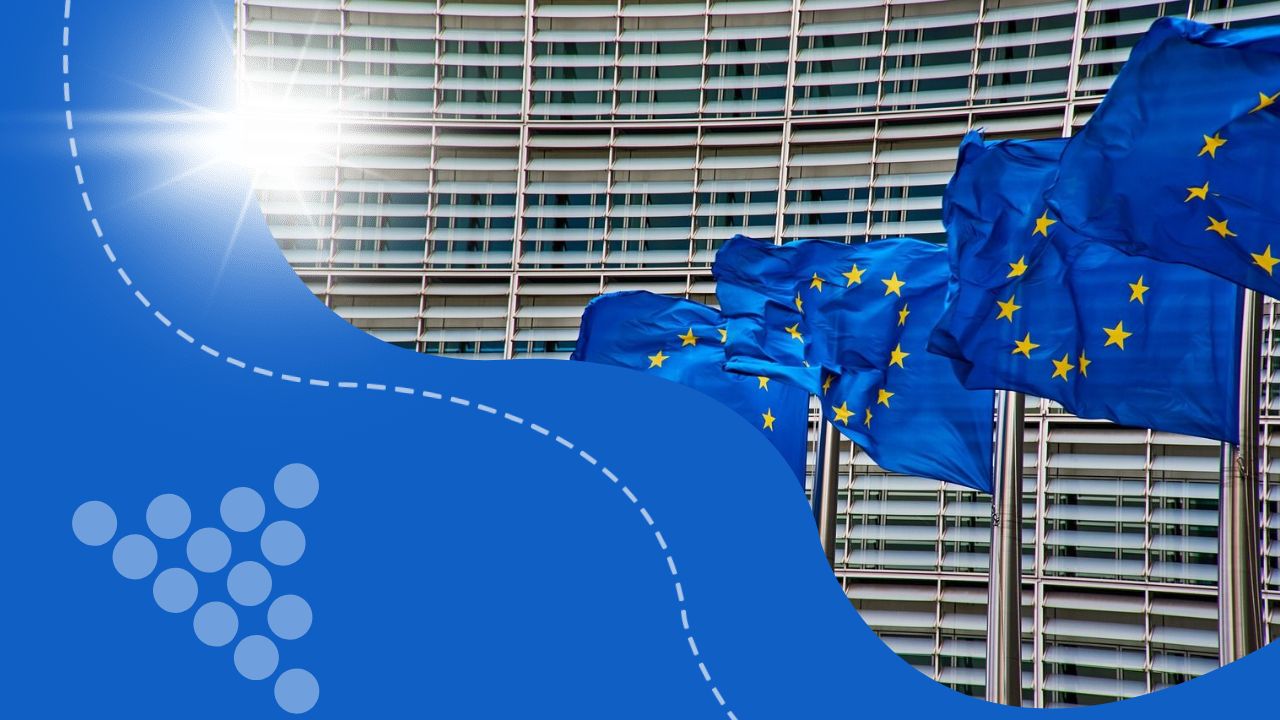European Commission President Ursula von der Leyen has announced the launch of a $13.2 billion investment package for the Central Asian region under the EU’s Global Gateway initiative. Speaking after the Central Asia – EU Summit held on April 4 in Samarkand, Uzbekistan, von der Leyen emphasized the region’s significant share of global reserves and Europe’s commitment to fostering local value chains for critical minerals.
“By building local value chains, we ensure that the value created remains in the region, generating good jobs and promoting growth for both our partners and Europe,” she stated. The investment aims to align Central Asia’s natural resources and industrial potential with Europe’s sustainability goals.
The package prioritizes sectors such as transportation infrastructure, energy transmission, and digitalization. A flagship project within this initiative is the Trans-Caspian International Transport Route, which will receive an investment of $11 billion. Additionally, the EU is working on projects to enhance water and energy security in the region, including creating a new green belt in the Aral Sea basin.
Von der Leyen also highlighted efforts to improve internet connectivity in remote areas of Central Asia through satellite technology, stating that this year alone, 2,000 schools and numerous villages in Kazakhstan will be connected to European satellites, with plans to extend this service to 1,700 villages across the region in subsequent years.
Another focal point of the summit was critical raw materials essential for a clean economy. The EU has signed Memoranda of Understanding with Kazakhstan and Uzbekistan regarding these minerals and has taken steps to enhance cooperation through a Joint Declaration of Intent on Critical Raw Materials.
The inaugural summit brought together leaders from all five Central Asian countries and is viewed as a pivotal moment for establishing Brussels’ Global Gateway strategy as a competitor to China’s Belt & Road Initiative. The EU reiterated its commitment to deeper cooperation with Central Asia amid evolving geopolitical dynamics, emphasizing respect for sovereignty and territorial integrity.
The agenda included discussions on strengthening multilateral ties, addressing shared security threats, enhancing economic cooperation, and advancing initiatives under the Global Gateway program. Key topics also encompassed energy transition, climate neutrality, connectivity, mobility, and cultural exchange.
As economic ties between Central Asia and Europe strengthen, recent U.S. trade tariffs may further shift regional dynamics. The Trump administration’s tariffs have imposed duties on exports from several Central Asian nations while making the EU an increasingly attractive economic partner. Currently, the EU stands as Central Asia’s second-largest trading partner, accounting for 22.6% of total foreign trade in 2023 and being responsible for over 40% of foreign investment inflows into the region.

